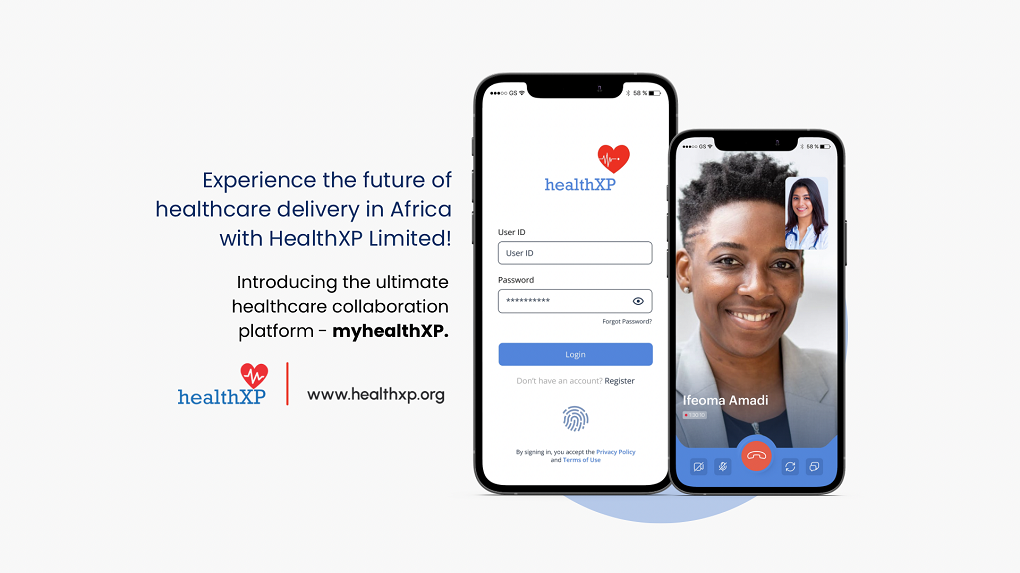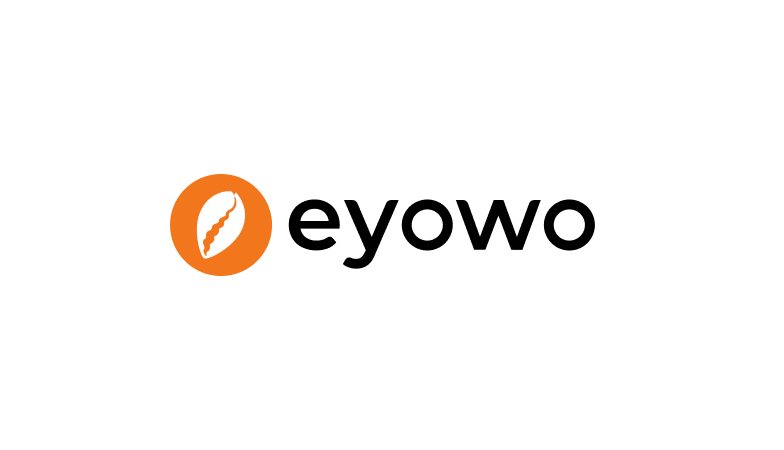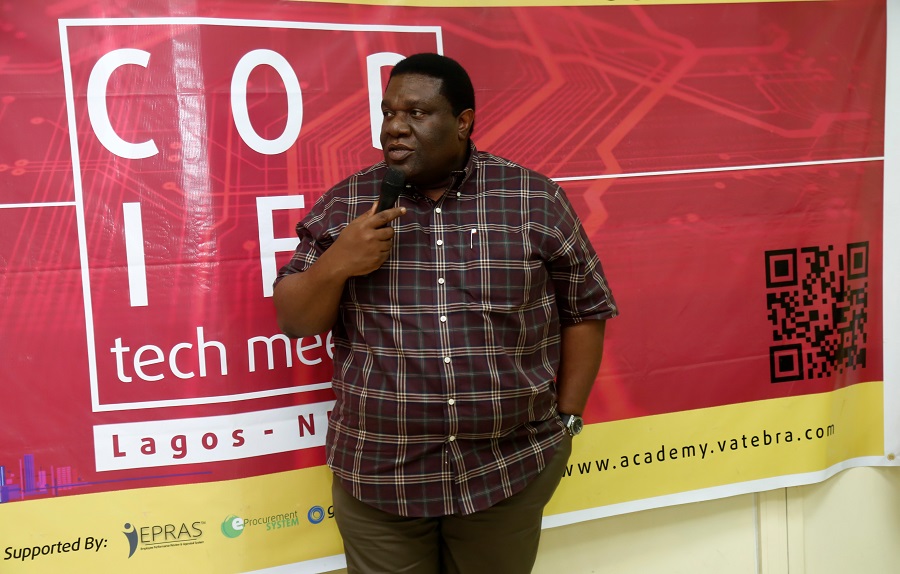In fulfillment of Lagos State’s promise to engage with the technology ecosystem in co-creating solutions for its Smart City agenda, Art of Technology 1.0 themed ‘Bridging The Gap’ was held on the 5th and 6th of December at the Lagos Oriental Hotel. Sponsored by the Lagos State Government through the office of the Special Adviser on Innovation and Technology and the Eko Innovation Centre, the event attracted over one thousand five hundred people drawn from government, tech, finance, and academia.
According to the Curator of Art of Technology Lagos 1.0 and Founder of Eko Innovation Centre, Mr. Victor Gbenga Afolabi, the two-day summit was building on the earlier engagement of government and the tech community during the design thinking parley which saw the co-creation of solutions in the areas of access, infrastructure, talent and capital culminating in the Lagos Innovation Master Plan.
He said, “For the first time in this country, whether state, sub-regional, or national, we are having a government committed to an innovation master plan. It is a part-product of the co-creation session. It is called Lagos State Innovation Master Plan; it tells us where we are going, where we need to be and how we can achieve more.”
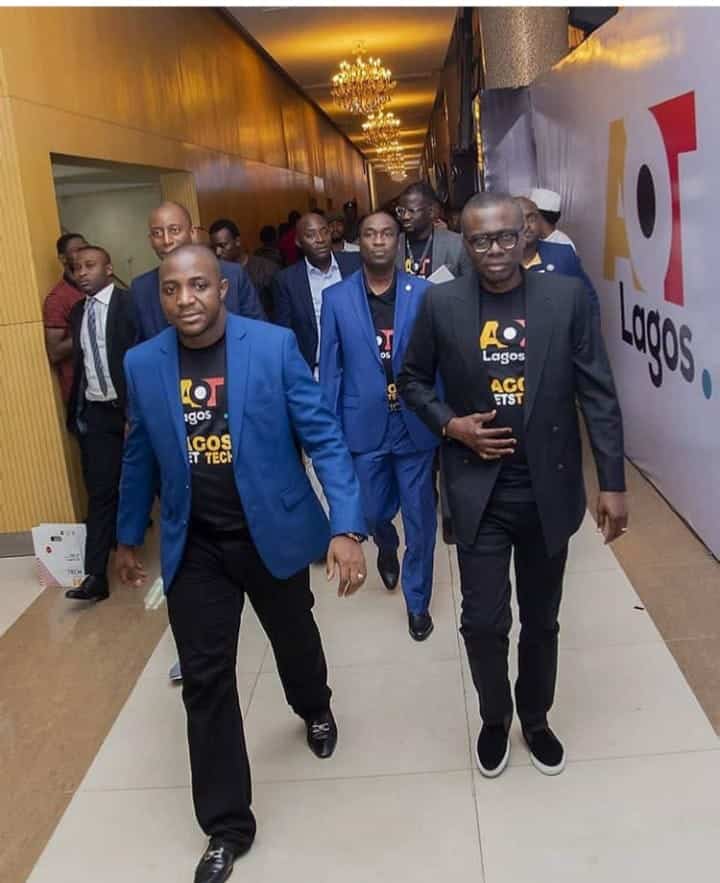
The Lagos Innovation Master Plan was unveiled by Mr. Babajide Sanwo-Olu, Governor of Lagos State, in the company of Dr. Obafemi Hamzat, Deputy Governor, Lagos State; Mr. Hakeem Popoola Fahm, Commissioner of Science and Technology, Lagos State and Mr. Tunbosun Alake, Special Adviser, Innovation and Technology to the Governor of Lagos State.
In addition, the Governor announced a tech fund of N250 million to be managed by the Lagos State Science, Research and Innovation Council (LASRIC) headed by the Vice-Chancellor of the University of Lagos, Prof. Oluwatoyin Ogundipe. This will support research and development of tech-focused solutions across the six pillars of his administration’s development agenda. LASRIC will also invest in research and development in the areas of Artificial Intelligence (AI), robotics, health informatics, and green energy.
Buoyed by its commitment to deepening collaboration between government and the tech eco-space, Governor Babajide Sanwo-Olu also launched the Open Government Initiative and Lagos State Solution Hub. It is expected that these initiatives will further drive synergy between policymakers in the public sector and innovators in the private sector.
Commenting on the Lagos State Solutions Hub, he said, “Democratising access to state actors is a critical strategy of this government as such, the Lagos State Solutions Hub serves as the first point of call for innovators, solutions providers, and innovators on proposing their solutions to the state. It will enable us to evaluate different solutions from you, our most important stakeholders. The website is LagosSolutionsHub.com.”
On the Open Government Initiative, he stated: “Data Access is seen as critical for the building blocks of a solutions culture. Open data promotes inclusiveness, participation and more fit for purpose solutions. The Open Government initiative has kicked off and we will be communicating subsequent milestones with the public soon.”
Andrew Nevin, Advisory Partner & Chief Economist, PwC made a case for Lagos becoming a major player in Nigeria’s tech ecosystem given the growing number of Nigerian startups coming up with innovative solutions to societal problems during his keynote address. Juliet Ehimuan, Country Director, Google Nigeria, also a keynote speaker, discussed how technology is being deployed to solve problems in education, transportation, health, and business. Kola Aina, Founder, Ventures Platform shared practical ways for government and tech to work together in his keynote address, ‘The Enabling Role of Stakeholders in Innovation.’ He posited that Lagos should focus on enabling market-creating innovations and strengthening the ecosystem. Amauche Emenari, Doctoral Researcher, M.I.T., looked at how humans can leverage artificial intelligence to build better solutions to individual and societal challenges during his keynote address. The highly interactive event also featured hard talk conversations as well as plenary and breakout sessions on tech & culture, building MVPs, consumer-centric products (not just apps), the future of work, funding mechanics and women in tech.
Mr. Tunbosun Alake, Special Adviser, Innovation and Technology to the Governor of Lagos State, launched Idea Hub, a mentorship platform designed to help innovators take their ideas from conception to actualization. He said, “The platform allows people to input their ideas, get matched with mentors to get their ideas validated for execution.” He added: “The Idea Hub is supposed to professionalize your idea, structure it properly so that you get a minimum viable product and then launch into the market.”
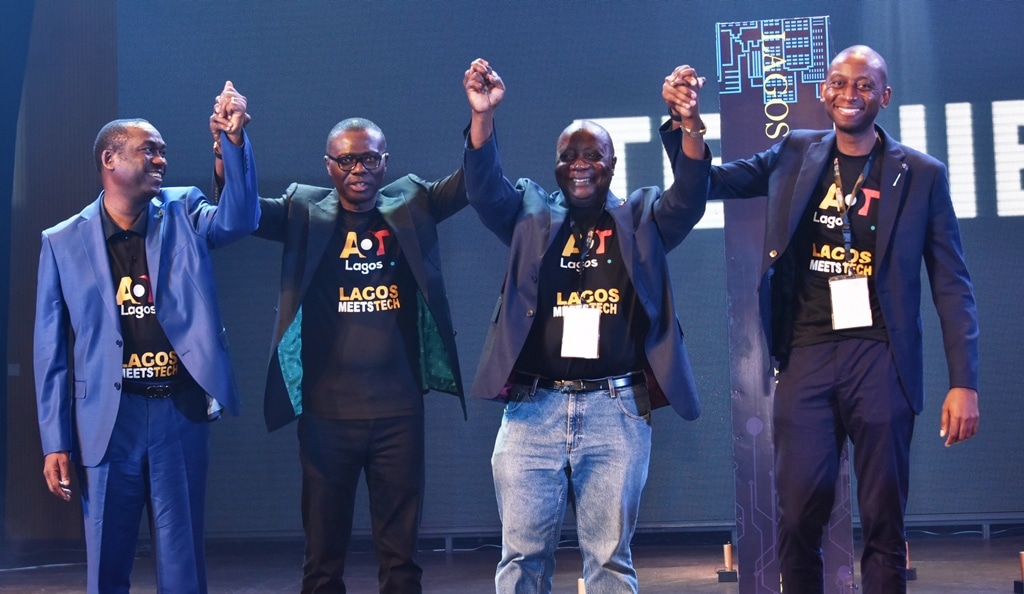
Another high point of Art of Technology Lagos 1.0 was when StanLab claimed victory in the keenly contested maiden edition of Collaborate Lagos Pitch Competition. StanLab is a 3D virtual laboratory that leverages Virtual Reality (VR) and Augmented Reality (AR) to provide practical science education to schools without traditional science laboratories.
Mr. Job Oyebisi, CEO, StanLab, “It was an awesome experience exhibiting our product and participating in the pitch competition. We had insightful feedback from judges and participants who came to know about our EdTech product. The highlight was the MoU from the Lagos State Government and the acceleration support from Eko Innovation Centre.”
Commenting on the involvement of the Eko Innovation Centre, Mr. Afolabi said, “Our emphasis is on localizing technology to solve our problems. As part of our commitment to Collaborate Lagos, Eko Innovation Centre will offtake the winner, StanLab and accelerate them for government adoption.”
He also expressed his satisfaction with the high turnout and quality of engagement recorded at Art of Technology Lagos 1.0. “AoT Lagos is positioned to continue the engagement. We have to solve our problems ourselves, let’s get to work now!”











